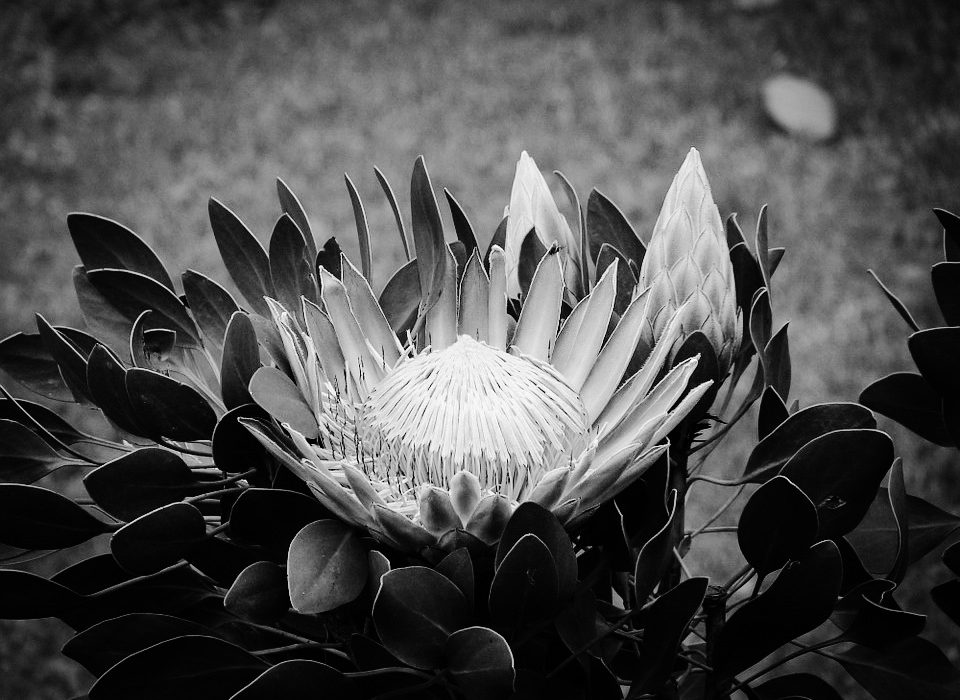The long-anticipated motion on the vote of confidence in South African and ANC President Jacob Zuma has now finally come. The vote is unlike any of the others before. Although it has been proposed by the Democratic Alliance as the official opposition, many ANC members, leaders and alliance partners have now urged ANC MPs to vote honestly, without fear of retribution and according to the values of South Africa’s internationally celebrated democratic constitution.
ANC MPs have a simple choice today: to vote for their own pockets, for narrow party interests and the leader on the one hand, or in the interests of the people of South Africa and the democratic Constitution.
MPs serve in Parliament as representatives of the people. Once elected, they are accountable to the voters, not to their party or for their self-interest. The Constitutional Court, in its judgement on the use of public money to refurbish the private homestead of President Jacob Zuma, further clarified, if there was any doubt, the role of MPs as accountable to the Constitution, the voters and South Africa’s public interests.
The Constitutional Court also pronounced that the Speaker of Parliament Baleka Mbete could call for a secret vote. Mbete yesterday announced that the secret vote was to counter public doubts about the independence of Parliament, in relation to the executive and the governing party, given the fact that many ANC MPs fear retribution – and therefore undermining their and Parliament’s constitutional independence – if they are seen publicly to vote against the party and the executive line.
Pro-Zuma ANC leaders have made much about the fact that although they themselves have issues with state capture, corruption and mismanagement under President Zuma, ANC MPs must not support a motion of no confidence because it is sponsored by the opposition. For another, they have argued that a vote of no-confidence in President Zuma, resulting in him resigning, would spark a potentially fatal break in the ANC.
Yet, amongst the biggest reasons for the failure of accountability among leaders and governments of African liberation movements turned governments is their implicit assumption that members and supporters will never be seen dead voting for the opposition – no matter how appallingly they, African liberation movement governments and leaders govern.
Furthermore, the approach of the ANC leaders over the motion of no confidence also shows that the interests of the leader and party are perceived to be more important than the interests of the country, democratic Constitution and values.
Yet, unless members and supporters of African liberation movement governments break this single most destructive unwritten rule, and vote against their own parties and leaders and for other parties leaders – even if they disagree with them, to force their own parties and leaders to be accountable; their leaders and parties will continue to act with impunity.
In fact, the single most critical factor that can strengthen democracy, development and peace in South Africa and African countries, is for members and supporters of parties, especially governing ones, to vote for other parties and leaders if their own parties do not deliver. They can always return back to vote for their parties and leaders when they become accountable.
But the approach by the ANC leaders over the motion of no confidence also displays many ANC members’ flawed view of democracy. They wrongly argue that democracy only means a vote every five years. Yet, according to the constitutional democracy, South Africa’s constitutional framers envisaged, elections are only one way to hold government and leaders accountable.
Democracy institutions are a crucial other mechanism, beyond elections, to hold leaders and governments accountable. The whole point, therefore, in a constitutional democracy or any system which claims to be democratic, is that ordinary citizens, can, apart from during elections, also through the parliamentary process get rid of unaccountable leaders and governments.
Ultimately, whatever the outcome, South Africa’s democracy has been re-energised, through the return of active citizenship, a more pro-active civil society, and the new assertiveness of democratic institutions, such as the judiciary. Furthermore, South Africans across the colour, class and ideological divide, are increasingly seeking to build democratic coalitions, in whatever sphere, for democratic change.
This new democratic mood shift is not going to be easily suppressed. Now, citizens, civil society, opposition parties and the remaining upright members of the ANC must actively, through coalitions, that spans race, class and ideology, hold national government departments and ministers, state-owned companies, the police, prosecuting authorities and intelligence services, accountable for good governance, effective service delivery and responsiveness, in the same way, they have been putting pressure on MPs.








